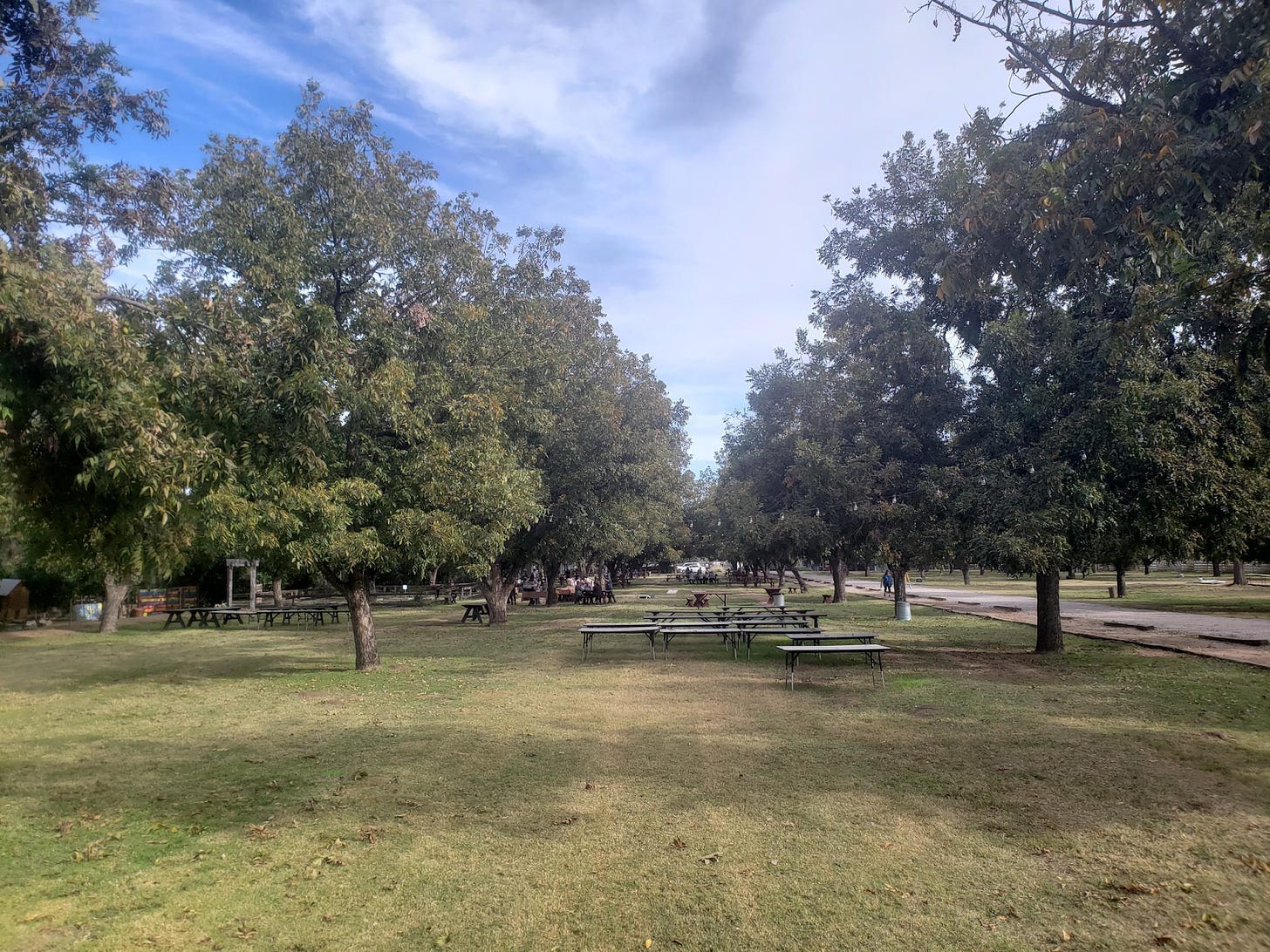Baseball season is in full swing and it’s consuming my thoughts. Now I understand why they call the baseball coach a “manager” … more so than basketball, the sport in which I have the most experience, baseball requires figuring out a ton of stuff like pitching count, line-up cards, weird rules, equipment, etc.
So for this issue, in honor of Ken Burns’ new documentary, “Benjamin Franklin” — airing this week on PBS — I’m reprinting a blog post (slightly modified) I wrote in 2019 after reading Franklin’s autobiography.
Our digital technologies have brought us into the information age, while at the same time fracturing our attention and entrenching a reward structure that encourages shallow, repetitive scrolling.
In my last blog post I wrote about the pedagogy of sports, arguing for an education system that allows more advanced learning in more specialized areas of interest, earlier in the educational process. In contrast to the mandatory study of a standardized package of subjects past high school.
That’s not to discount the value of intellectual inquiry by people of all stages of life. We live in a world where anyone can access a wealth of information on any subject at any time.
Our access points to this information right now, however, are mediated through individualized channels. We don’t have many structures in place offering social support for intellectual inquiry.
We have social media interactions but we don’t have as many book clubs or intellectual societies. We listen to podcasts — which build audiences around shared interests — but rarely do we converse with others who listen to the same podcast. We’re all reading individualized news feeds, fed to us by individualized algorithms. We can find virtual communities, but we remain islands in our physical communities.
In Benjamin Franklin’s autobiography, he writes about creating a club he called the Junto. It was a group of artisans who met weekly to discuss issues of morality, politics, science, or philosophy. Each week a new member led the meeting, which may have included the reading of an original essay.
It was a club of “mutual improvement.” Out of the Junto many practical ideas sprouted and were enacted, including the lending library and the fire service.
Here’s how Franklin described it in his autobiography:
Our debates were to be under the direction of a president, and to be conducted in the sincere spirit of inquiry after truth, without fondness for dispute or desire of victory; and to prevent warmth, all expressions of positiveness in opinions, or direct contradiction, were after some time made contraband, and prohibited under small pecuniary penalties.
Franklin thought that if you value a skill, you should practice it. There’s plenty of opportunity, in today’s society, to cultivate what modern educators call “life-long learning.”
We could increase community engagement and investment in public libraries — expanding the educational programs offered. We could launch Junto-groups to connect community members into areas of common study or diverse discussion. We could popularize the lecture circuit. We could lend local support to artists and writers.
Paring down the standardization of compulsory education need not mean we pare down, as a society, our pursuit of knowledge or the appreciation for literature, history, biology, philosophy, civics, or any other academic pursuit.
We would just need to expand our imaginations and move beyond our dependence on “schooling” as the deliverer of all knowledge. Call it a reorganization of learning.
The Founding Fathers lived in a different era. Benjamin Franklin only went to school for about four years before he became an indentured printing apprentice to his brother at the age of twelve. His life’s intellectual pursuits seemed to be, in part, a striving for an education he never received.
Maybe it’s better we have systems in place to inculcate the youth of America with bundles of information. Maybe they’re gaining the right knowledge and learning the right skills by a certain age.
It is said that our robust public education system is a great equalizer. Maybe there’s truth to that. Maybe all that’s needed is a greater financial investment into our current system.
Honoring the innovative spirit of Mr. Benjamin Franklin, however, I would humbly suggest there might be a better approach to the whole enterprise.
The Farm at South Mountain. Photo taken November 2021.
Links and News
'Normal to above normal rain' expected for Arizona monsoon season in 2022
Lost Leaf reopens for First Friday. New owner shares plans for beloved Phoenix art bar
Ken Burns on Ben Franklin’s legacy: It’s complicated
Stop calling Phoenix affordable
House Bill to Legalize Cannabis in U.S. Raises Questions in Arizona
ESPN’s Stephen A. Smith picks Phoenix Suns’ Devin Booker to win MVP
Elementary school in Tempe tears down classroom walls, reimagines how learning happens
Thanks for reading!
See you in a couple weeks.




